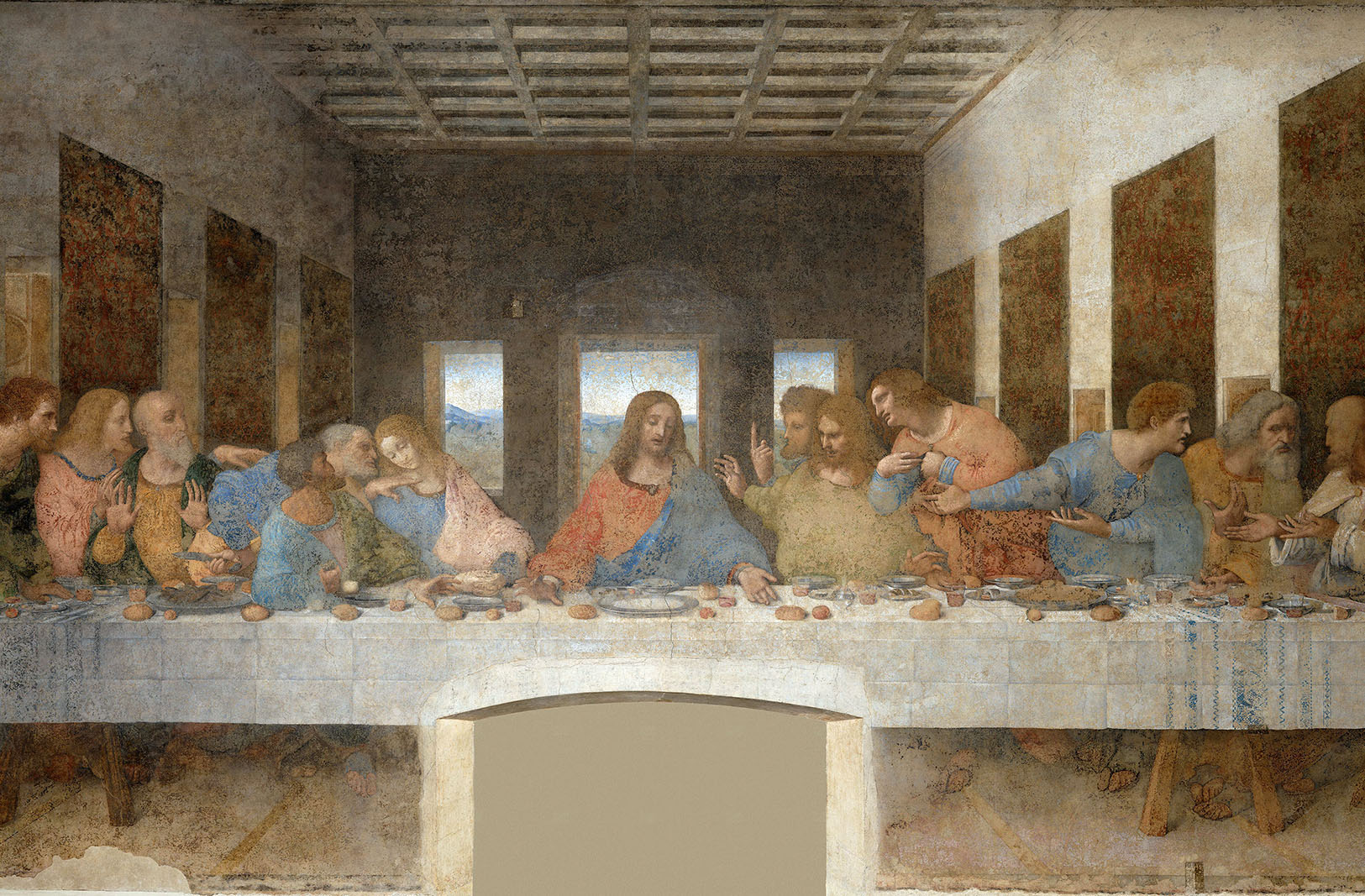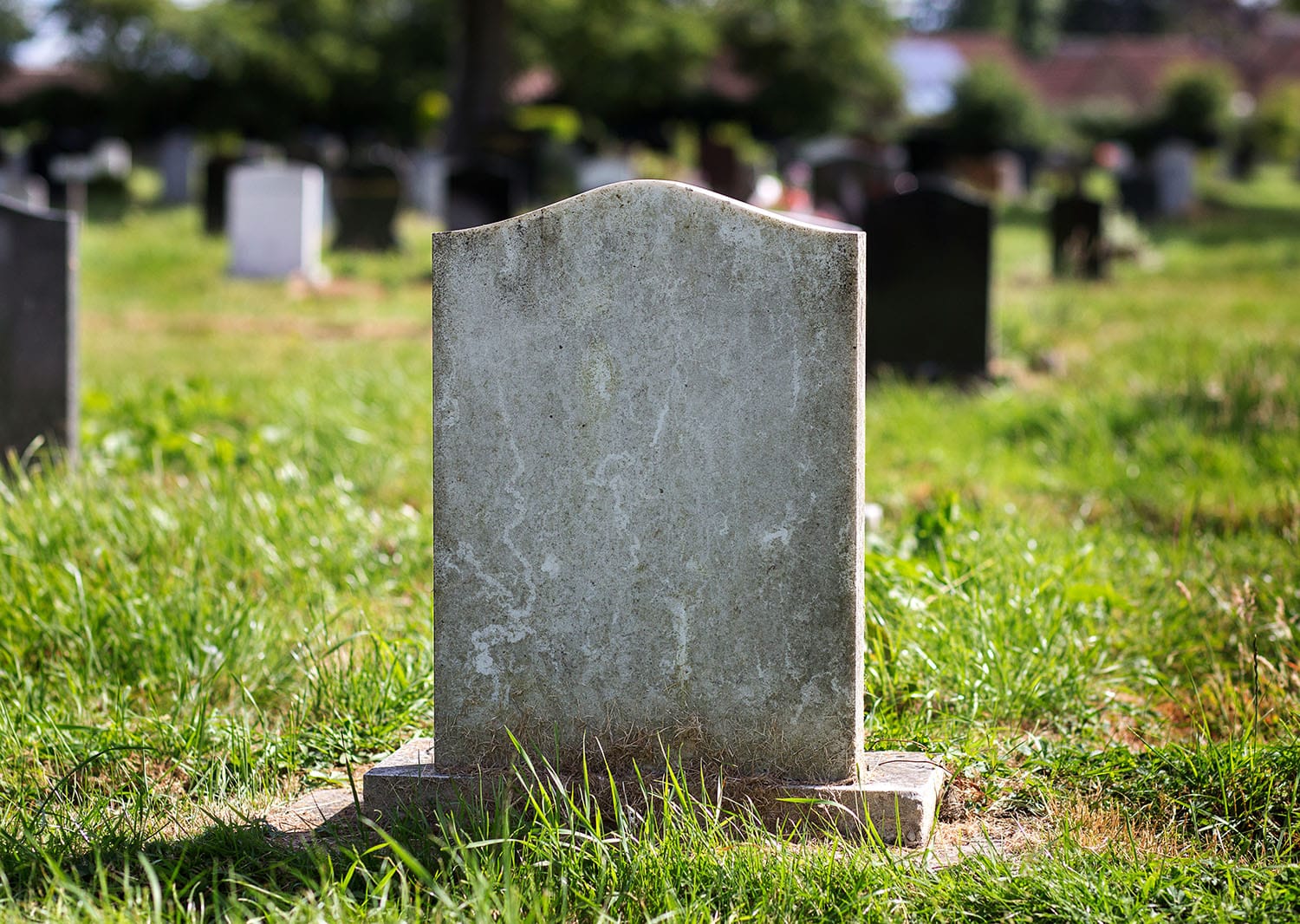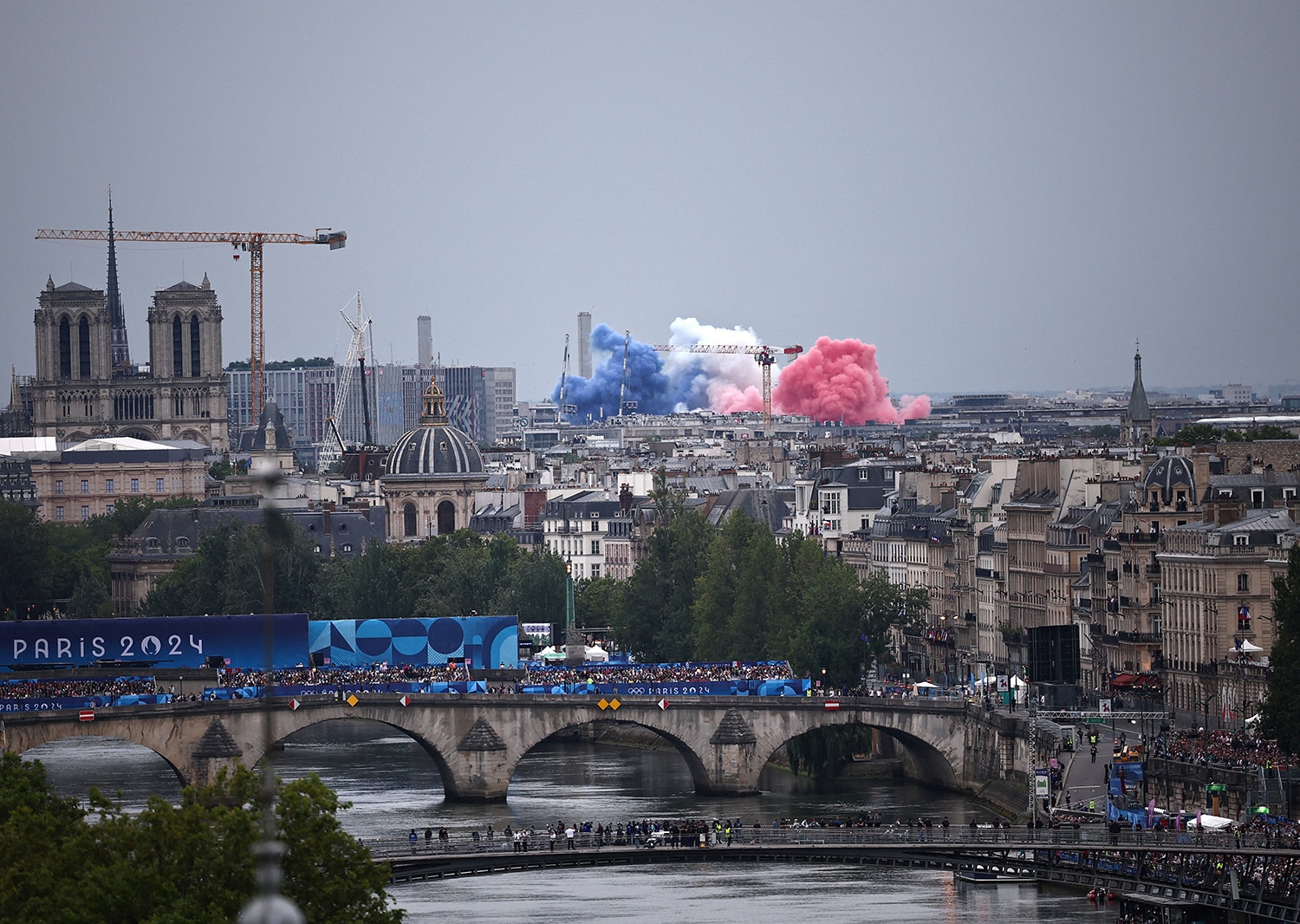I’ll never forget where I was when I received the news that Father Jacques Hamel, a French parish priest, had been murdered by two ISIS loyalists. On July 26, 2016, I was in Krakow, Poland, with tens of thousands of young American pilgrims. As word spread, we offered a prayer for Father Hamel. We prayed for peace.
It was unthinkable to me that a priest could be murdered in Europe. And yet, while offering Mass in a suburb of Rouen, not two hours’ drive from Paris, Father Hamel was brutally killed by Muslim extremists. All of France mourned. The next day, a Mass was offered by the cardinal archbishop of Paris for Father Hamel at Notre Dame. Then-president of the French Republic, François Hollande attended. At Pope Francis’ instruction, images of Father Hamel were placed in local churches. He was widely acclaimed a martyr.
Not 10 years to the day of Father Hamel’s murder, the Church in France again finds herself attacked. During the opening ceremonies of the 2024 Olympic Games, a blasphemous depiction of the Last Supper portrayed a woman as Jesus surrounded by drag queen “disciples.”
The Olympics have always been an expression of human fraternity. Political and religious messages are in fact banned from the games. Organizers must hold creators to account for this violation of the games’ policy.
Even more painful is the reality that the Olympics is no longer family-friendly programming. Parents can’t trust that celebrations like the opening ceremonies won’t feature immoral and foul displays. Far from being a matter of taste, the public good demands that people express outrage for subjecting children to expressions of dangerous and abhorrent ideologies. It is yet another sad example of the constant and increasing hypersexualization of Western culture.
Mocking the holy Eucharist
But the worst part is that this display clearly mocks the heart of the Catholic faith: the holy Eucharist.
On the night before he was handed over to death, Jesus gathered with his disciples to celebrate the Last Supper. In that solemn moment, he poured out truth and mercy and peace to sustain all who would follow him. The graces of redemption, of the cross, flow through the Eucharist. And even now, when Catholics approach the altar, we find ourselves receiving the graces of that ancient sacrifice.
Immortalized by scores of Christian painters, Leonardo Da Vinci’s “The Last Supper,” reigns as the most iconic. It seemed a strange choice to parody since it’s an Italian work in Milan and the rest of the program featured nods to French masters and culture. I think it was chosen explicitly, for a very clear purpose.
The Eucharist is the most central celebration of the Christian faith. Each Sunday, Christians gather to worship God, and at Jesus’ behest, carry out this memorial in memory of him. Offering the Eucharist is the thing that defines us, the central practice St. Justin Martyr explained to the Roman Emperor Antoninus Pius in A.D. 155. The holy Eucharist is, as St. Paul VI says, the Church’s “most precious treasure.” The Church is the last great bastion against these ideologies, the last defender of public morality and civic virtue. The last recourse for those who refuse to worship at the altar of dogmatic liberalism and aberrant sexual expression.
It may be tempting to attribute the outrage surrounding this event to the internet’s perpetual rage machine. Indeed some Christians are eager to take offense. But this is no mere political position, no small slight.
Grotesque ridicule of sacred Christian beliefs isn’t inclusion. It’s bigoted and wrong. To depict Jesus Christ and the handing on of the Eucharist in such an obscene way cannot go unaddressed. Catholics must speak up, serenely but clearly.







